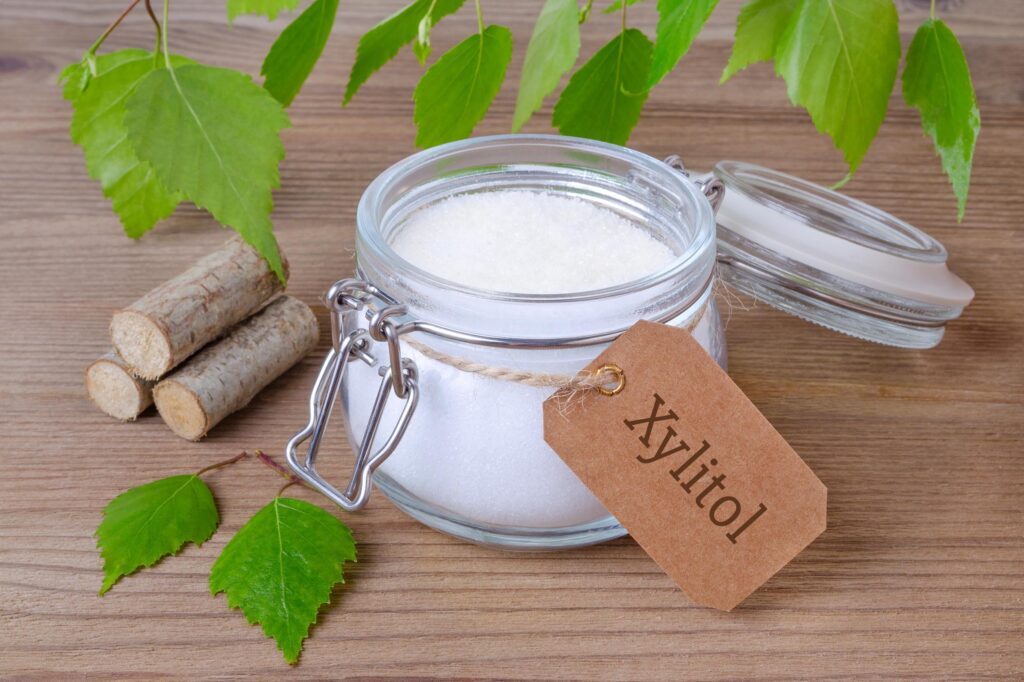
When we talk about oral health, most of us think avoiding sugar will be enough to keep our teeth healthy and shiny. Is that really all there is to it? Well, according to the majority of dentists worldwide, not quite! Nutrition plays a much bigger role in dental health. You’ve probably heard the phrase “We are what we eat”, but did you know it can be applied to your teeth too?
In this article, we’ll explain the ways a healthy diet can improve your oral health. Hopefully, when you’re done reading, you’ll start paying more attention to your nutrition!
So without further ado, let’s get to the bottom of it!
1. Too much sugar hurts your teeth

While there’s nothing wrong with eating a chocolate bar from time to time, going overboard with it could do you more harm than good. Yes, it’s tasty, but when it gets introduced to your mouth and saliva, it turns acidic. This acid is what wears your tooth enamel down, exposing your teeth to bacteria and cavities.
So, instead of snacking on sweets all the time, try finding a healthier alternative! Fruit can be as satisfying as chocolate! Make shakes, salads, and yogurts: enjoy something sweet while keeping your teeth and gums healthy.
2. An apple a day…keeps the dentist away?
We mentioned fruit as an excellent alternative to processed sugar, but did you know apples were called “nature’s toothbrushes”? They can help you clean your mouth after you’ve been eating sticky and sugary foods.
Keeping apples as a vital part of your diet can do wonders for your teeth, especially in the long run. Of course, if you’re not a huge fan of this fruit, you can always replace them with carrots or celery. Whatever you do, make sure to keep your fridge full of tasty fruits and veggies for that Hollywood smile!
3. Dear dairy

Calcium is crucial for strong, healthy teeth! It protects your teeth from decay and cavities. So, include some yogurt, cheese, and milk in your diet. Of course, if you’re a vegan, you can always find calcium rich-alternatives! Just make sure to do your research and reorganize your diet, especially if it’s missing calcium.
If you’re not sure where to start, make sure to consult your dietician. According to Bridgewater Dental, your dental health affects your general health and vice versa. So, as long as you take care of your body, your teeth will benefit too!
4. Natural mouth wash
The benefits of drinking a lot of water, especially before and after meals, are many. One of those advantages is directly connected to your teeth! It washes the food away from your mouth, preventing it from damaging your teeth. This is why dentists recommend brushing your teeth after every meal. If you leave too many food particles in your mouth for too long, they’ll turn into damaging bacteria and acids. Still, you’re not always able to brush your teeth after you’ve eaten. You could be somewhere where you don’t have access to your toothbrush and toothpaste. In these cases, water can act as a decent alternative!
Other than that, if you suffer from dry mouth, water can help you keep your teeth safe by providing your mouth with moisture, which prevents bacteria from forming.
5. A healthy diet can prevent gum inflammation

There are no healthy teeth without healthy gums to accompany them! In extreme cases, gum disease can result in the loss of your teeth. To keep your gums strong and healthy, you’ll need to eat well, and avoid sugary foods like a plague.
You should include foods and drinks with anti-inflammatory properties such as green tea and berries. Overall, without a healthy diet, you can’t have healthy gums, and without healthy gums, you can’t have healthy teeth. It’s all connected to each other.
6. Obesity and dental health
Adipose tissue in obese persons forms in places where it shouldn’t be, and your mouth is no different. Once it gets deposited inside of the lips or cheeks, it can lead to serious paradental issues. While obesity can be a symptom of many diseases, and as such, it isn’t always treatable by a well-balanced diet, in most cases, eating properly can reduce your weight.
Keeping yourself at a healthy weight won’t only make you look and feel better, but it will also help you keep your teeth healthy!
7. Xylitol

Now, this isn’t directly related to your diet, but chewing gum that contains xylitol can do wonders for your long-term teeth health! Xylitol is a compound that increases saliva production and prevents bacteria from producing harmful acids.
Of course, check the label before you purchase the gum, as some types may be harmful to your teeth. Ensure the gum contains xylitol, and don’t go overboard with it. Too much of something good can turn it into something harmful.
8. Nutrients, nutrients, nutrients!
We mentioned calcium, but other nutrients and minerals such as magnesium, fluoride, phosphor, and a variety of vitamins are crucial to your oral health as well. Seafood, veggies, nuts, seeds, beans, and organ meats can all help you get healthier teeth. Whatever you do, keep your diet as diverse as possible, and stay away from added sugars found in sodas and candies.
We suggest you consult with a dentist and a nutritionist, who can help you determine which minerals and vitamins could be the most beneficial to your teeth. Everyone’s different, and you may have a lack of vital nutrients in your system without even being aware of it. So get some professional advice, and transform your diet for a healthier mouth!
The bottom line

We are all aware of how sugary foods can affect our oral health, but many people think that’s all there is to it. In reality, our diets play a crucial part in keeping our gums safe from decay and disease.
So, if you haven’t started already, make sure to pay attention to your diet. It won’t only improve your dental health, it will keep your entire body healthy and functional!













